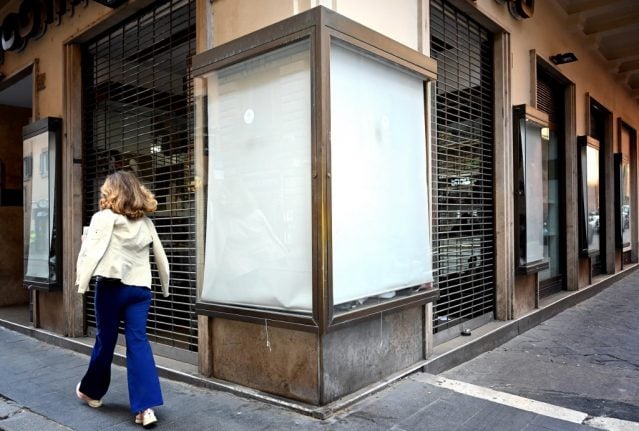Two masked gunmen shot and killed Costa, 60, at 11:08 am (0908 GMT) through the window of the butcher shop in the village of Ponte-Leccia in the north of the French island, police said.
Police said a single hunting rifle was fired at least twice and that Costa died on the spot after being struck in the chest. The gunmen fled in a car that was later found burned a few kilometres (miles) from the village.
A bystander in the shop was also lightly injured by broken glass, police said.
Costa is the 11th presumed member of the "Brise de Mer" (Sea Breeze) gang killed since 2008 in what local police believe is a settling of accounts between criminal gangs.
The gang, named after a bar in the northeastern Corsican city of Bastia where members allegedly gathered, is considered one of the most powerful and influential criminal organisations on the island.
It is alleged to have carried out a series of daring armed robberies in the 1980s and 1990s.
Among them was Switzerland's biggest-ever bank robbery – the 1990 theft of 31.4 million Swiss francs (now worth €26 million/$32 million) from the Union Bank of Switzerland's branch in central Geneva. The money was never recovered.
The gang, whose presumed members often denied its existence at trial, was allegedly involved in a wide range of crimes from money laundering to illegal gambling.
Costa was among three alleged "Brise de Mer" members who spectacularly escaped from a Bastia prison in 2001 by having a fake fax ordering their release sent to the facility's warden.
All three, who were serving time on extortion and weapons charges, were later apprehended and are now dead. Before Costa, one was killed in explosion in 2009, the other gunned down the same year.



 Please whitelist us to continue reading.
Please whitelist us to continue reading.
Member comments